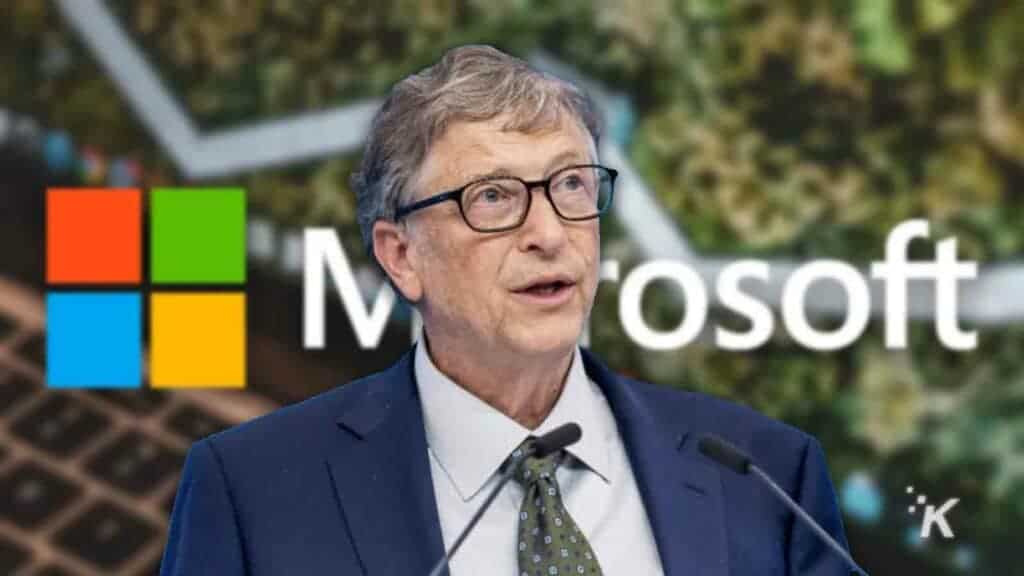Business
Microsoft stops serving Windows downloads to Russian users
Any attempt to download a Windows 10 or Windows 11 ISO from a Russian IP address will return an ambiguous error message.

Just a heads up, if you buy something through our links, we may get a small share of the sale. It’s one of the ways we keep the lights on here. Click here for more.
Russia’s cultural, economic, and technological isolation worsened today, as Microsoft began restricting access to Windows downloads for residents of the pariah state.
Any attempt to download a Windows 10 or Windows 11 ISO from a Russian IP address will return an ambiguous error message, saying: “There was a problem with your request.”
Microsoft has similarly restricted access to its automated installation assistants. Attempts to download the Windows 10 Update Assistant, the Windows 11 Installation Assistant, and the Windows 10 Media Creation Tool all return a 404 error code.
The 404 error code roughly translates to “file not found.” It typically indicates the existence of a broken link, or that a file is only available to logged-in users.
As noted by Bleeping Computer, the Windows 11 Media Creation Tool is still available, although it refuses to run on Russia-based machines. When executed, it returns an 0x80072F8F-0x20000 code, as well as a cryptic error message that states: “For some unknown reason, this tool failed to run on your computer.”
Microsoft’s response to the Ukraine War

At the time of publication, Microsoft is yet to comment on the issue. It appears deliberate, however, with third-party publications confirming its existence by using Russian VPNs.
It’s worth noting that Microsoft suspended new sales of hardware, software, and services to the Russian Federation on March 4, 2022.
Microsoft is one of many tech companies to exit the Russian market following its unjustified invasion of Ukraine. Other companies include Apple, Samsung, Nokia, and IBM.
Despite that, the download of a Windows install file doesn’t necessarily translate into a new sale. It’s entirely plausible the downloader merely wanted to re-install their operating system to start afresh. Re-installing Windows frequently resolves technical issues with no obvious other solution.
This would be easy for Microsoft to verify. OEMs typically store the Windows license key within the machine’s UEFI firmware. If you’ve ever wondered why computers no longer come with printed license key stickers, as they did during the heady Windows 98 and XP eras, that’s why.
Russia legalizes piracy
Russia has responded to the growing burden of international sanctions by effectively legitimizing piracy.
New rules approved by the Federal Duma in early March allowed Russian companies to use the intellectual property of “unfriendly countries” without first obtaining a license, or paying any of the associated license fees.
The Russian government maintains a list of “unfriendly countries.” It includes all NATO and EU member states, as well as Australia, New Zealand, Taiwan, Japan, and South Korea.
Russia’s Ministry of Economic Development said the effective legalization of piracy would allow the country to weather the burden of international sanctions and ensure the viability of supply chains.
In practice, this move is little more than a band-aid affixed awkwardly over a gaping chest wound. The country’s decision to break with established intellectual property rules may frustrate Hollywood film studios and Silicon Valley tech companies, but won’t address the fundamental issues at the heart of the Russian economy.
Russia’s supply chain woes

Software, by its very nature, is ephemeral. It flows across borders without let or hindrance. In its purest form, it exists as beams of light coursing through fiber-optic cables.
Semiconductors, computer hardware, and other vital components used in heavy manufacturing are obviously different. And while international sanctions have largely failed to produce a Russian withdrawal from Ukraine, they’ve proven shockingly effective at hampering Russia’s manufacturing sector.
Evidence for this can be found at the macroeconomic level. Although Russia is experiencing a massive trading surplus, this isn’t good news.
It reveals an inability to import foreign goods. The threat of secondary sanctions has even cowed Chinese firms into limiting their exposure to the Russian market, with Xiaomi and Lenovo both quietly reducing their operations.
Additionally, if you want a more vivid — if not amusing — example of the power of tech sanctions, just look at the “new” Lada Granta Classic car.
I deliberately wrote “new” in quotation marks for a very good reason. It lacks many of the features you’d consider standard in a 2022 model vehicle: including air conditioning, passenger-side airbags, and anti-lock braking.
Despite touting a laughably underpowered 90HP 1.6L four-cylinder engine, it fails to meet even 1996’s dismal air quality standards.
In short: it is a car that belongs to an era that’s best forgotten. It serves as an apt metaphor for Russia’s direction under Vladimir Putin.
Every post-glasnost and perestroika advancement — be they technological, economic, or merely civil liberties — has been aggressively (and perhaps irreparably) reversed.
The search for a Russian Windows alternative
Sanctions are nothing new to the Putin regime. And Russia has attempted to wean itself off foreign — and particularly western — technology.
Like China, North Korea, and Cuba, it maintains a homegrown Linux distro. Intended for government and military users, Astra Linux is available for mobile, desktop, server, and mainframe environments.
Russia also maintains an Android alternative based on the Sailfish platform called Aurora OS. In 2015, the Russian government expressed a desire for it to achieve a 50 percent market share by 2025.
Despite that ambition, Android and iOS still dominate the Russian market. So too, for that matter, does Windows. Whether Russia’s isolation changes this is anyone’s guess.
Have any thoughts on this? Let us know down below in the comments or carry the discussion over to our Twitter or Facebook.
Editors’ Recommendations:
- Microsoft accidentally let anyone upgrade to Windows 11
- The FDA has approved an Apple Watch app for Parkinson’s disease
- Yandex, Russia’s Google, is secretly sending your data to Russia
- This search engine is basically Google but for facial recognition



























